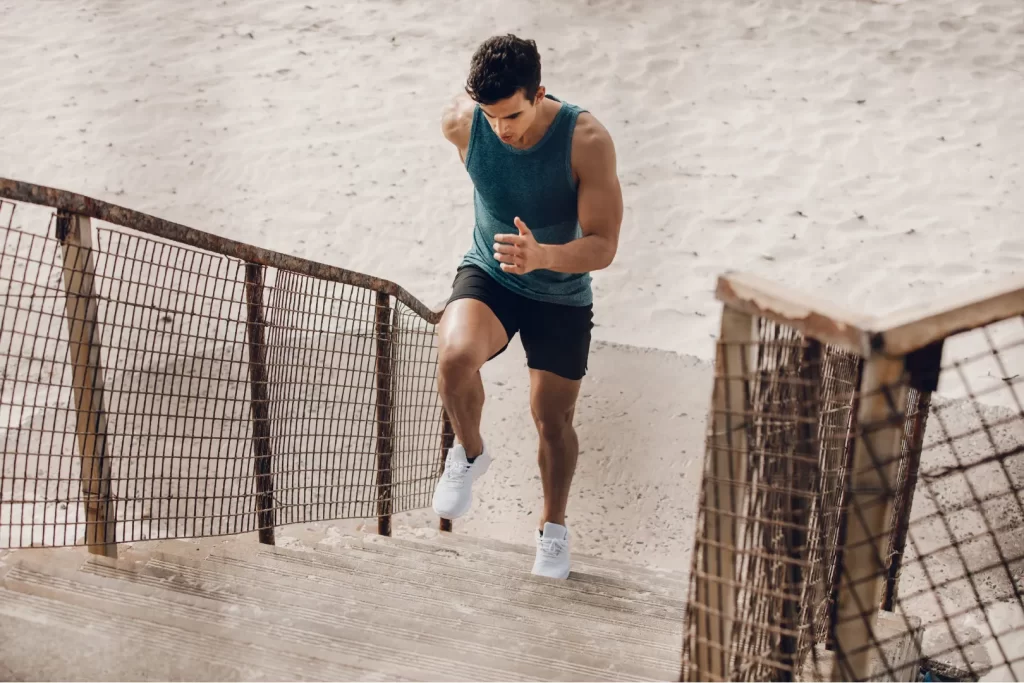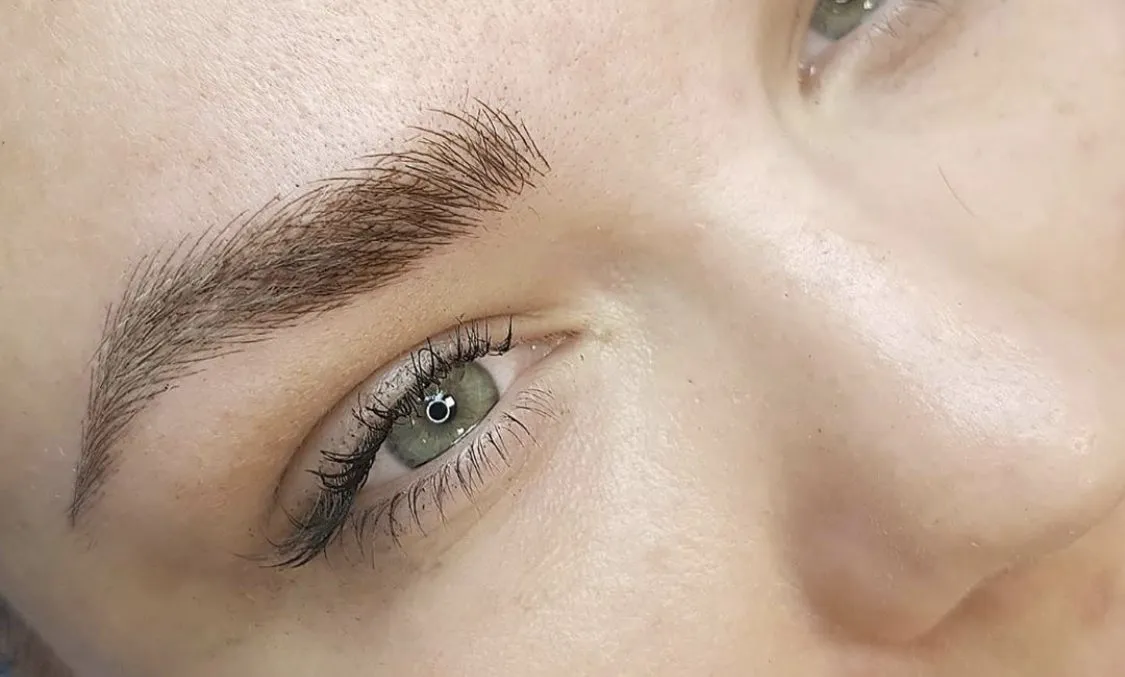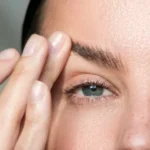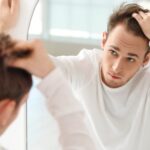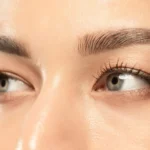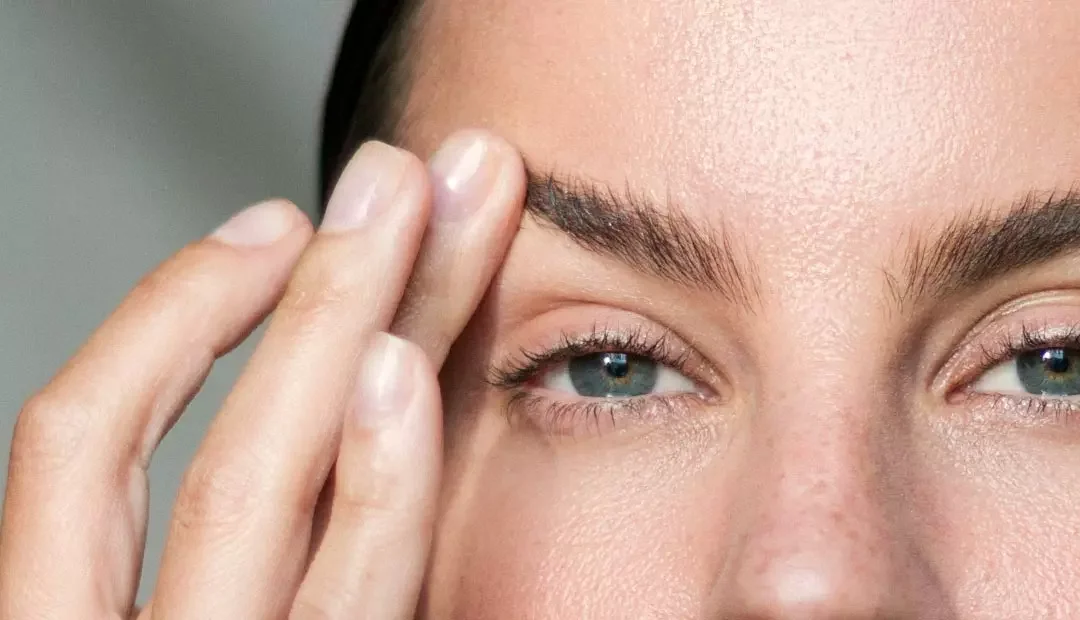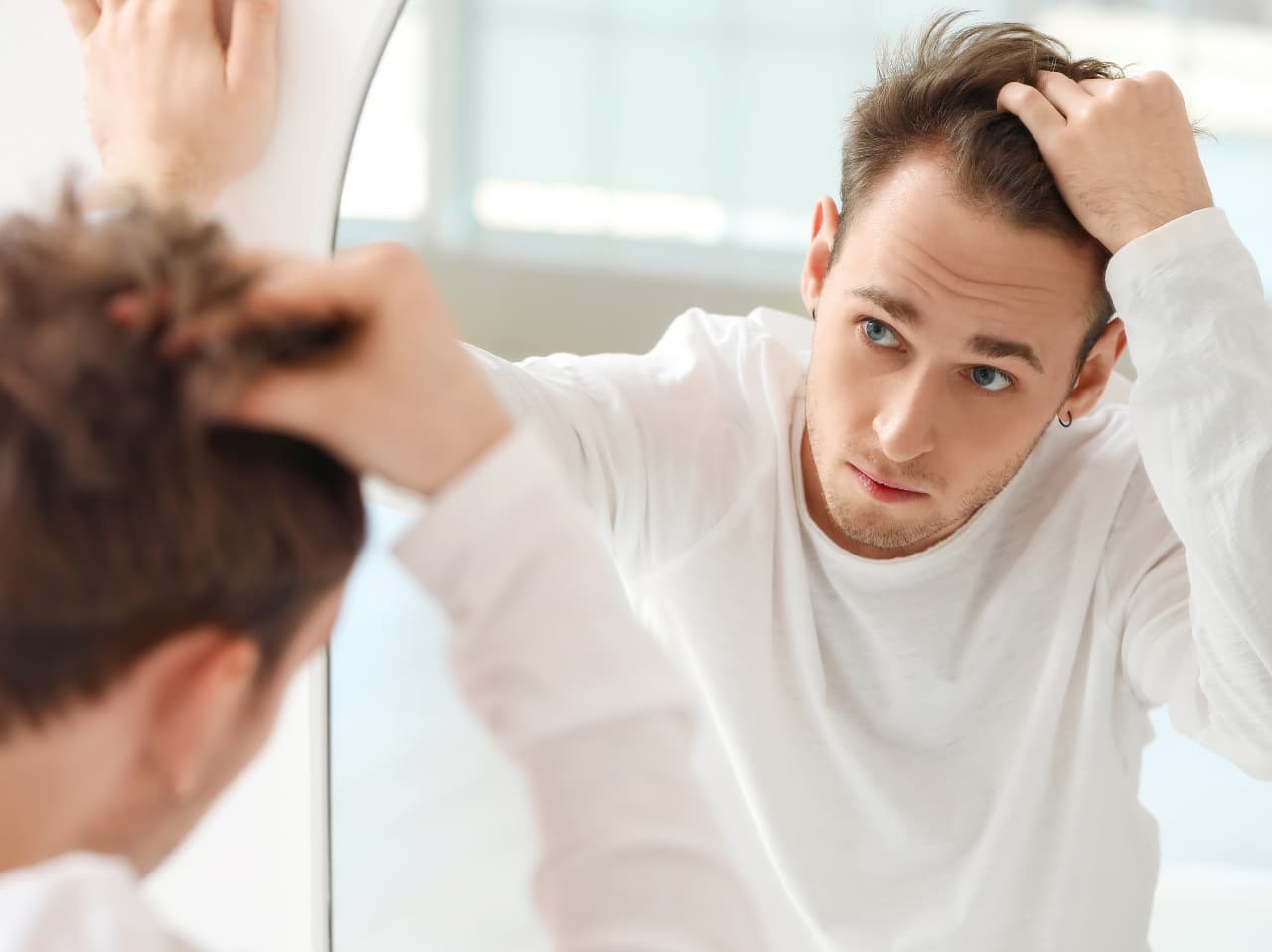Table of Contents
ToggleExercise is vital for overall health, but many wonder about its impact on hair. Can working out cause hair loss? Does exercise make you lose hair?
These concerns are common, especially among fitness enthusiasts. Dr. Kopelman, a leading expert in hair restoration, explains the connection between physical activity and hair health. This article explores the relationship between exercise and balding, offering actionable insights to maintain healthy hair while staying active.
Can Exercise Affect Hair Growth or Hair Loss?
Exercise has numerous benefits, including improved circulation and reduced stress, both of which support hair growth. However, intense physical activity can sometimes lead to hair loss. Dr. Kopelman highlights that excessive exercise may cause temporary conditions like telogen effluvium, where hair prematurely enters the shedding phase.
How Physical Activity Impacts Hair Follicles
Regular exercise enhances blood flow, delivering essential nutrients to hair follicles. This promotes healthy hair growth. However, overtraining can increase cortisol levels, a stress hormone that negatively affects hair follicles. This type of hair loss is often temporary and reversible with proper care.
Can Working Out Promote Hair Growth?
Moderate, consistent exercise can stimulate hair growth by improving overall scalp health. Activities like yoga or light cardio can enhance circulation and reduce inflammation, both of which contribute to stronger hair.
Can Not Working Out Cause Hair Loss?
Conversely, a sedentary lifestyle may indirectly affect your hair. Poor circulation and elevated stress levels from lack of physical activity can weaken hair follicles, making them more susceptible to shedding.
Why Do Some Athletes Experience Hair Loss?
While exercise is generally beneficial, certain habits and conditions can lead to hair thinning. Dr. Kopelman emphasizes the importance of understanding these factors to mitigate risks.
Why Do Runners Lose Hair?
Running, especially at high intensity, can elevate cortisol levels. Chronic stress from long-distance running might contribute to telogen effluvium or exacerbate existing hair loss conditions like androgenetic alopecia, commonly known as male pattern baldness.
Why Do Bodybuilders Have Thinning Hair?
Bodybuilders often experience thinning hair due to elevated dihydrotestosterone (DHT) levels, a hormone linked to androgenetic alopecia. Additionally, some supplements or steroids used to enhance performance can increase testosterone levels, further raising DHT and leading to hair loss.
The Role of Hormones and DHT Levels
Hormonal changes play a significant role in exercise-related hair loss. Intense physical activity can influence testosterone levels, which convert to DHT. Managing workout intensity and consulting with experts like Dr. Kopelman can help balance hormone levels and protect your hair.
Learn all about DHT Blockers here.
So, Does Exercise Make Hair Thinning Worse?
Exercise itself doesn’t directly cause hair thinning but can exacerbate existing issues. Understanding and addressing contributing factors is key.
Managing Sweat and Scalp Hygiene
Excessive sweating can clog hair follicles and irritate the scalp, leading to weakened hair. To prevent this:
- Wash your hair regularly, especially after workouts.
- Use gentle, sulfate-free shampoos to avoid stripping natural oils.
- Keep your scalp clean and hydrated to maintain a healthy environment for hair growth.
Post-Workout Hair Care Tips
- Avoid tight ponytails or hairstyles that pull on the scalp during workouts.
- Use moisture-wicking headbands to reduce sweat buildup.
- Rinse your scalp with lukewarm water if you’re unable to wash your hair immediately after exercising.
Can Thinning Hair Grow Back?
Dr. Kopelman reassures patients that many types of exercise-related hair loss are temporary and reversible with proper care and lifestyle adjustments.
Effective Hair Care for Active Individuals
- Maintain a balanced diet rich in protein, vitamins, and minerals essential for hair health.
- Stay hydrated to support scalp and hair hydration.
- Protect your hair from UV damage by wearing hats or using SPF sprays for the scalp.
Best Diet for Hair Growth During Exercise
Include these nutrients in your diet to promote hair growth:
- Protein: Strengthens hair strands.
- Biotin: Supports keratin production.
- Iron and Zinc: Improve blood flow to hair follicles.
- Omega-3 Fatty Acids: Enhance scalp health and hydration.
Hair Restoration Options for Fitness Enthusiasts
For persistent hair loss, Dr. Kopelman offers advanced hair loss treatments, including PRP therapy, follicular unit extraction (FUE), and scalp health assessments. These options cater to individuals who want to maintain their active lifestyle without compromising hair health.
Can Exercise Prevent Hair Loss?
Flipping the question on its head, can exercise prevent hair loss? Moderate exercise plays a crucial role in promoting overall scalp health by reducing stress, improving circulation, and supporting hormonal balance. Moderate physical activity often prevents hair loss by maintaining healthy hair follicles and improving resilience.
Maintaining Hair Health While Staying Active
Balancing fitness and hair care is essential for minimizing hair loss risks. Dr. Kopelman advises taking a proactive approach to maintain both physical and hair health.
Hydration and Hair Health for Athletes
Adequate hydration is crucial for healthy hair. Dehydration can cause dry, brittle hair prone to breakage. Drinking water before, during, and after workouts helps maintain optimal hair hydration.
Balancing Fitness and Hair Protection
- Opt for moderate-intensity exercise to avoid excessive stress on the body.
- Schedule rest days to allow your body and hair to recover.
- Monitor scalp health regularly and address any signs of irritation or buildup promptly.
When to Seek Professional Advice
If hair thinning persists despite lifestyle adjustments, consult an expert like Dr. Kopelman. Early intervention can prevent further loss and restore hair health effectively.
Final Thoughts
Exercise and hair health are closely linked, but understanding how physical activity affects your hair is essential for maintaining a full, healthy head of hair. With insights from Dr. Kopelman, you can make informed decisions to protect your hair while staying fit.
Whether it’s adopting proper scalp hygiene, managing stress, or seeking professional hair restoration treatments, balancing fitness and hair care is achievable. For personalized advice, schedule a consultation with Dr. Kopelman to explore tailored solutions for your hair health needs.


